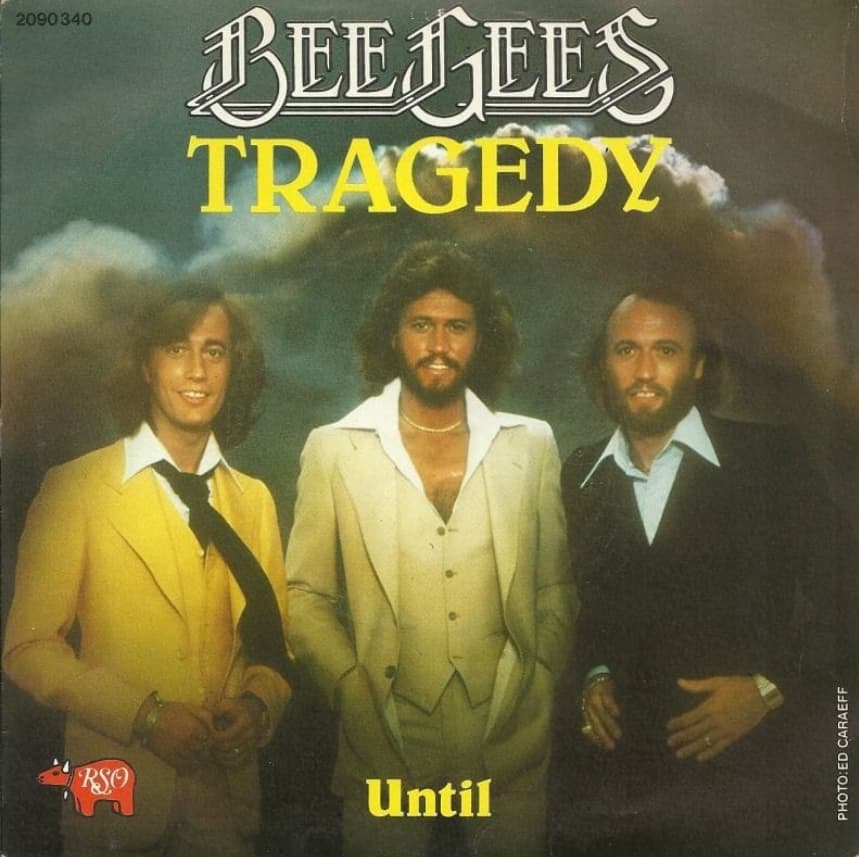
Tragedy: A Timeless Ballad by the Bee Gees
The Bee Gees, those iconic brothers with their unforgettable falsettos, delivered a timeless classic in 1979 with their song “Tragedy.” Released on their album “Spirits Having Flown,” this song became a chart-topping sensation, reaching number one in both the UK and the US Billboard Hot 100.
But “Tragedy” is more than just a catchy tune. It’s a testament to the songwriting prowess of the Gibb brothers – Barry, Robin, and Maurice. The story goes that they wrote “Tragedy” and another hit, “Too Much Heaven,” in a single afternoon while taking a break from filming the movie “Sgt. Pepper’s Lonely Hearts Club Band.” That same evening, inspiration struck again, and they penned “Shadow Dancing,” a chart-topper for their younger brother Andy Gibb.
The song itself is a masterpiece of pop production. The soaring vocals of the Bee Gees are a hallmark, but “Tragedy” goes a step further. The climax of the song features a now-legendary explosion sound effect. This wasn’t some pre-recorded soundbite; it was the result of pure experimentation. Barry Gibb stood in the studio, blowing through his cupped hands into a microphone, and the sound was then processed through a brand new piece of technology to create the dramatic “dynamite” effect we hear today.
While not originally part of the “Saturday Night Fever” soundtrack, “Tragedy” has found a new life in the stage adaptation of the film. It’s a fascinating detail for music fans, especially considering the song’s chart history. “Tragedy” dethroned Gloria Gaynor’s powerhouse anthem “I Will Survive” for two weeks before being dethroned itself, only to witness Gaynor reclaim the top spot once again. This back-and-forth battle for chart dominance only adds to the song’s intrigue.
But perhaps the most significant aspect of “Tragedy” is its lasting impact. The song became the Bee Gees’ second consecutive number-one single, tying a record at the time for most consecutive chart-toppers in the US. It cemented their place in pop music history and continues to resonate with listeners today. Whether you’re a longtime Bee Gees fan or simply appreciate a well-crafted song, “Tragedy” is a testament to the power of music to transcend time and genre.